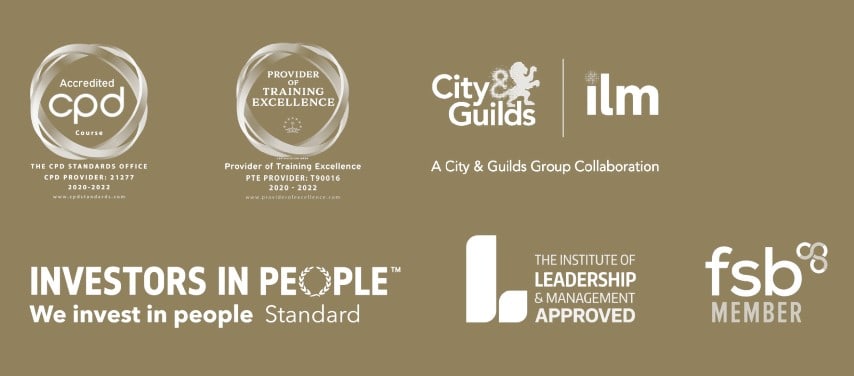
The thorny issue of public transport etiquette reared its head again this week with newspaper reports of a passenger airing his dirty laundry on board a plane. Fellow passengers were outraged when a man travelling on a GOL Airlines flight decided to dry his swimming trunks by hanging them on the headrests in front of him. No sooner had a picture been uploaded on the Instagram account ‘Passenger Shaming’ than social media was awash with outrage at the culprit’s lack of public transport etiquette.
Whichever side you took in the ensuing social media storm, it does prompt the question: what constitutes acceptable behaviour on public transport? Whether we are travelling by air, rail or road there are some basic public transport etiquette rules that will ensure the journey is as pleasant as possible for everyone.
When we travel on public transport we are inevitably brought into close proximity with people we do not know. It does not help that our trains, tubes and buses are often overcrowded, forcing us to stand uncomfortably close to one another. Even airplanes are getting more cramped as airlines reduce passenger space by packing more seats into the cabins.
However keen you are to get to a seat, do not elbow your way through crowds and refrain from blocking the doors and aisles. If you are carrying bulky luggage be careful not to bump into other people and make sure you stow it away safely.
Always queue in an orderly fashion and, even if you are in a hurry, wait for your turn and do not push in front of other people. Have your fare ready so you do not hold not hold the line up by searching through your pockets or bag for the correct change.
If you cannot find your wallet or ticket, step to one side to let others board in front of you while you look for it. Pass through turnstiles as quickly as possible and do not stop directly in front of the exit or entrance as this will disrupt the orderly flow of passengers.
Listening to music or an audio book is a nice way to pass the time on your daily commute to work, but keep the volume at a level that is only audible to you. Try to refrain from talking to people on your mobile phone on public transport. If it is absolutely essential to make or answer a telephone call, keep your voice down and cover the mouthpiece with your hand throughout the conversation.
Under no circumstances is it acceptable to use expletives or foul language and please remember that your fellow passengers do not need to know the details of your personal life. Similarly, any phone conversations that require you to divulge personal information such as your address or bank details are best delayed until you are in a more private environment.
Sometimes it can seem as if there is an unwritten rule on public transport that you cannot meet the eye of fellow passengers. Go against the grain and make it your mission to notice if someone needs a hand with their luggage or a child’s buggy. Give up your seat to someone who needs it more than you if there are no other seats available. This includes elderly and disabled people as well as pregnant women and small children.
While some of us are tempted not to offer our seats for fear of causing offence, it is always better to have the gesture rejected than not to make it at all. Hopefully it goes without saying, but do not sit in the designated priority seats even if they are empty.
In Singapore it is against the law to eat or drink on trains and culprits could be hit with a $500 fine if they break the rule. Hot food is also banned on subway trains in Washington, San Francisco and Chicago and there are calls for other cities, including London, to follow suit.
Until such a ban comes into place, our advice is to use common sense and, as far as possible, try to avoid bringing food and drink onto public transport. If you do have to eat or drink while travelling on a train or bus, it is best to steer clear of hot liquids and smelly or messy foods such as kebabs, rice, noodles or burgers. Drinking alcohol is a definite no-no as far as public transport etiquette is concerned.
Remember that your rubbish is your responsibility. Do not leave discarded newspapers, empty food containers, cans or bottles behind when you disembark at your destination. If there are no bins on board, take the rubbish with you and dispose of it properly at your earliest opportunity.
Share This Page, Choose Your Platform
New Release
Crushing Etiquette
"Excellent book, extremely well written and top content, very informative and relevant to all in all walks of life and business and professionals globally that want to advance in their careers and businesses at any stage and increase their professional impact and potential."
R G Goodier
New Release
Around the World
with Etiquette
This expert-written handbook distills essential country-by-country etiquette – from table manners and business protocols to wedding customs – so travellers, expats, and global professionals can avoid faux pas and make a polished impression abroad.
The British School of Excellence is the #1 industry leading organisation in etiquette, manners, life skills and service training.
The British School of Excellence is a certified Disability Confident Employer.
We believe that we are the best at what we do, but don’t just take our word for it – see the reviews of our courses at the independent review site Coursecheck.
Become a part of the BSE community to keep up to date with our courses, articles and news. Become a better, more confident and professional you!



Strewn with real-life stories, fun facts, playful wordsmithing and engaging rhetoric, this handbook will take you from the dining table to the boardroom table and even beyond borders.